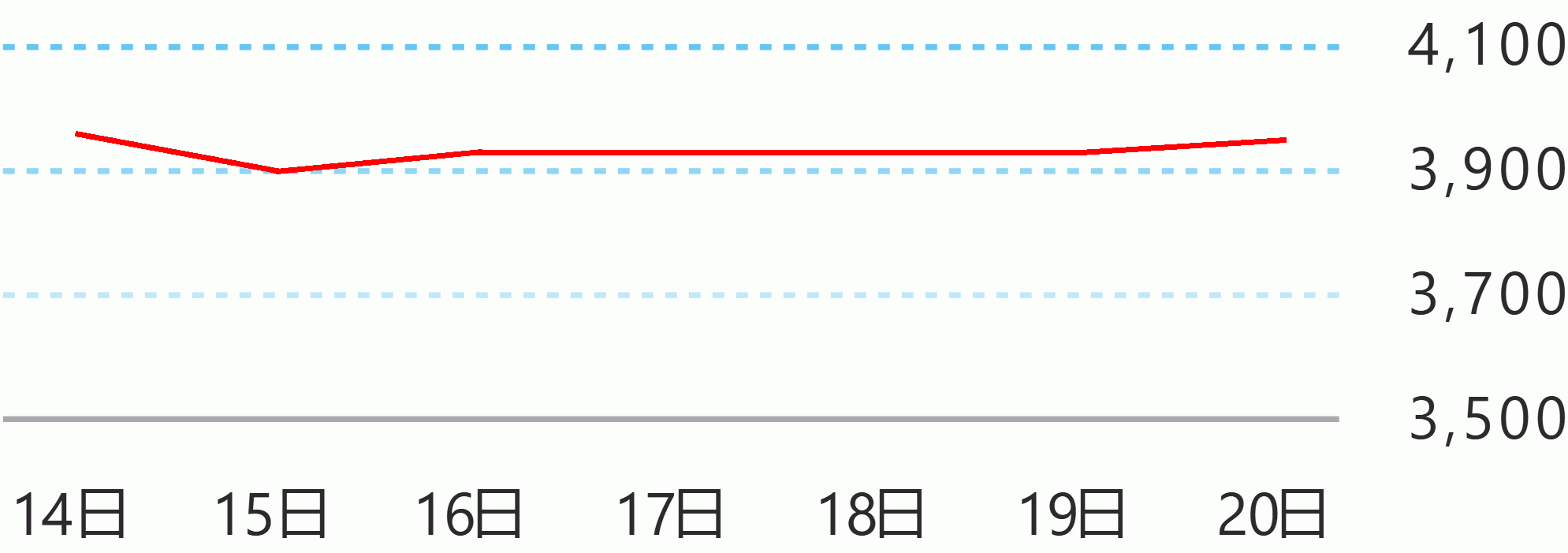President Ferdinand Marcos Jr. is studying the adoption of his father's agricultural program to increase rice production in the country.
In a television interview, Agriculture Undersecretary Kristine Evangelista said the "Masagana 150" which derived from late President Ferdinand Marcos Sr. 's "Masagana 99" program was recommended by their department to the current administration.
Evangelista said under the Masagana 150 the government is targeting to harvest 150 sacks of rice per hectare in every season. The Masagana 150 aims to yield 7.5 tons of inbred rice per hectare at P8.38 production cost per kilogram (kg), with at least P50,000/ha net profit for farmers and P27.50/kg market price.
"That is being studied right now because it was a recommendation from our agency based on those (heading) the rice program," she said.
"They are putting in, I think, technology and new things to increase the yield. This anchored on increasing the yield based on the technologies that we can avail or we have... It's science ... it means bringing down the price. We are still on the right track and we are looking on how this can be implemented and when it can be implemented," she added.
Evangelista did not say how much rice production is expected under the Masagana 150 but she noted that it is "always based on the demand requirement."
"We know how much demand of rice we need. We know when ...import, how much we import, why did we import and now that is what we are working on even the buffer stocking... so these are the whole thing that we are working right now in the department," she said.
Evangelista said maybe the Masagana 150 can be implemented "within the first year" of Marcos administration.
"We plant in October. We harvest next year so to manage expectations it's not going to be harvested this year," she said.
"If Masagana 150 will be implemented we are looking at it as bringing down the price of rice in our market and at the same time helping our farmers come out with inventory yield and, you know, increasing their income as well," she added. Robina Asido/DMS





 English
English










